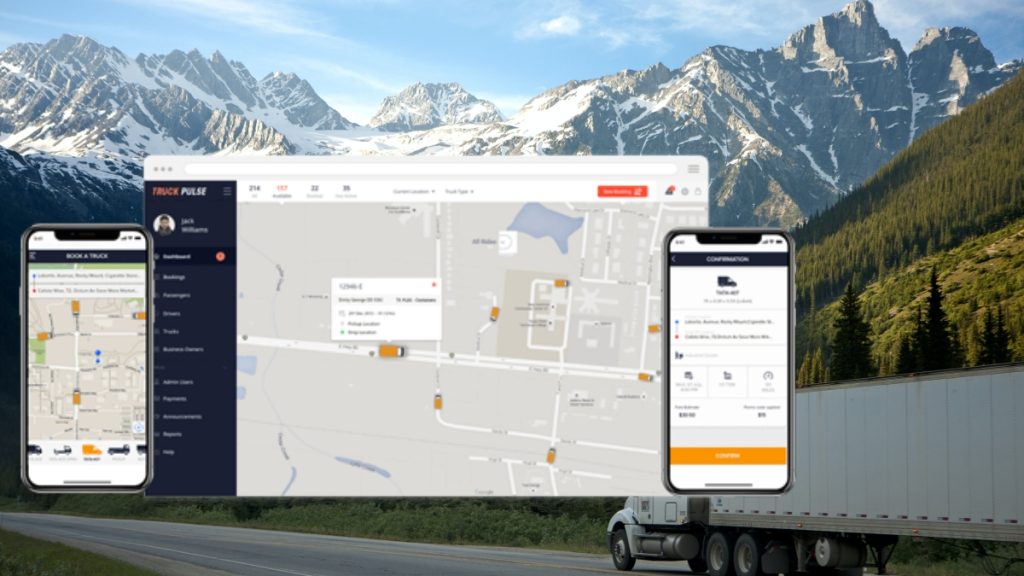Software for Trucking Companies
Trucking software allows you to handle dispatch records, follow drivers, and pay invoices. Software for small trucking companies can enhance their management of a network of drivers or carriers. Using software can help your trucking industry organization become more lucrative by monitoring essential truck repairs and discovering ways to save fuel costs through accurate mileage reports and expense records. Dispatching software for trucking simplifies your drivers’ routing by tracking orders, trucks, trailers, and drivers from one central location. The dispatching function’s primary purpose is to ensure that orders are fulfilled on time. Dispatchers at your main operating base will be able to track the position of trucks and identify who is driving them. Moves can be followed and messages transmitted to the drivers if your trucks are fitted with GPS tracking. Interactive maps will display you where your orders are, allowing your office to identify the most efficient approach for completing a specific order.
Software for Trucking Business
Truck drivers and fleet management encounter accounting and reporting challenges particular to the trucking business. As a result, it’s critical to select an accounting solution that meets all of your needs or interacts with other programs to build a comprehensive package for you and your company. The finest trucking accounting software should manage cargo and costs. In addition, the software must be able to generate detailed information for billing consumers and paying drivers. Whether you’re an owner-operator or running a trucking software business, keeping precise and detailed information on miles and trips is critical.
Trucking Software for Owner-Operators
Trucking software for owner-operators will typically be on a smaller scale and at a lower cost. It’s because owner-operators are individuals who own and operate their own trucking company. Owner-operators would own or rent their truck carrier and be responsible for their transportation. They are responsible for all aspects of their firm, including closing sales, processing orders, and managing their finances, just like any other sole entrepreneur.
A small fleet with only one vehicle will have fewer expenses and data to record, necessitating more simple trucking software. Independent owner-operators have complete control over their firm and choose whatever loads and dates they want to work. Leased operators are typically not their bosses and they work for specific trucking businesses on a contract basis. These trucking businesses will deliver the load straight to the driver, reducing the driver’s workload.

